The technology behind cryptocurrency–blockchain–is much more than something that facilitates the movement of Bitcoin, Ethereum, and all those alt coins.
In the words of Don Tapscott, a blockchain thought leader, the blockchain is “an immutable, unhackable distributed database of digital assets” where “trust is established through mass collaboration and clever code rather than through a powerful institution that does the authentication and the settlement.”
So, while we’ve been talking a lot about new technologies in medicine, like AI, machine learning, and big data, the blockchain can’t be ignored. In fact, it could revolutionize the healthcare industry. Here’s how:

Enhanced data security and quality
Security is among the biggest challenges facing electronic health records (EHR) systems, according to healthcare IT experts. Current health systems have numerous dangers, like:
- A centralized structure that puts the privacy and physical and economic safety of patients at risk. For instance, in 2017, the trauma unit’s computer system at Erie County Medical Center was hacked and subsequently out of service for six weeks (that’s frightening).
- An inability to securely and efficiently verify relevant identities, update data, and access and share health information. This stems from a disconnect across facilities and systems. Third-parties fill the gap, but this comes with risks.
Blockchain technology can solve all these security issues, making healthcare systems more secure and ubiquitous. The right solution will also ensure physicians, nurses, patients and others can safely share information and have access to the data necessary to produce the best possible outcome.
As a report from Deloitte notes, the blockchain is “a shared, immutable record of peer-to-peer transactions built from linked transaction blocks and stored in a digital ledger.” Due to its decentralized structure, it’s virtually impossible to hack and it enables “trustless collaboration between network participants.”
In short, a blockchain solution could provide an integrated, secure network infrastructure. This is precisely because it’s not centralized and utilizes cryptographic techniques and consensus to authenticate information and allow access.
Greater interoperability, visibility, and efficiency
Many healthcare executives and professionals complain of a lack of interoperability between healthcare networks. This creates friction when exchanging data and bogs down whole operations.
Disconnect between healthcare facilities and their IT systems leads to inaccurate, disjointed, and/or incomplete information on patients. Obviously, this can slow down diagnosis and treatment, as physicians are often forced to gather information on new patients. Also, it can make providing the best possible care difficult, especially when information may not give the entire picture or be incorrect.
A blockchain solution could solve this pressing issue. As IBM, a company who’s ahead of most when it comes to blockchain research and development, states, blockchain architecture provides the opportunity for proof of provenance, or the ability to produce a correct and “immutable audit trail of ownership and location as it changes over time.”
Furthermore, being able to improve transparency and interoperability, a blockchain solution could become highly useful in the medical supply chain. After all, healthcare supply chain leaders suffer from a lack of visibility across the operation.
For instance, two-thirds of hospitals lack real-time reports on supplies and workflow inefficiencies lead to resources being wasted on logistics activities that should be automated. An integrated, distributed ledger could solve those issues medical supply chain leaders and workers face by automating certain manual processes, providing real-time data, and linking all relevant parties in the supply chain.
Can the blockchain revolutionize healthcare?
Blockchain technology is still in its infancy, and there are concerns about scalability. But even experts are drawing comparisons of its importance to the internet.
So, it’s hard to answer the question of whether blockchain technology can transform healthcare (at this time). But given its potential, healthcare organizations would be wise to not just pay attention to its developments, but also research and experiment with new blockchain solutions.
Going forward, healthcare companies should align themselves with key blockchain developers and hire those ready to embrace and use the technology. This way, if the blockchain disrupts and revolutionizes healthcare, they’ll benefit the most.

